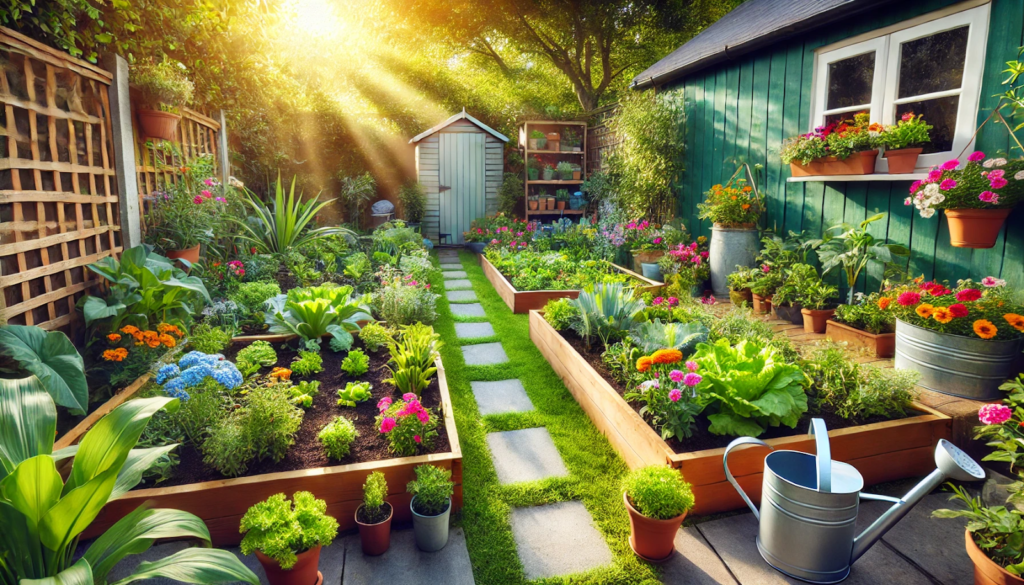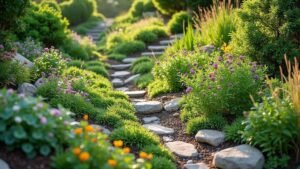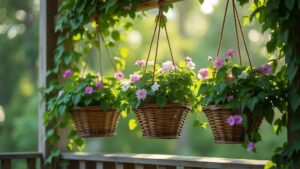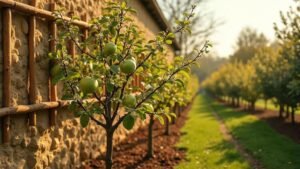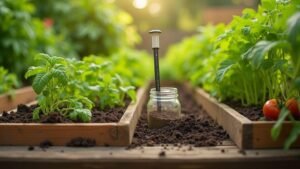Starting a home garden can be both exciting and rewarding. Whether you’re growing vegetables, flowers, or herbs, gardening provides a sense of accomplishment, improves mental well-being, and contributes to a more sustainable lifestyle. For beginners, getting started might feel overwhelming. However, with a few basic tips and some patience, anyone can cultivate a flourishing garden.
Understand Your Gardening Zone
Before planting anything, it’s essential to know your USDA Hardiness Zone (or the equivalent in your region). This helps you determine which plants will thrive in your climate and which seasons are best for planting them. You can usually find this information through local gardening centers or agricultural extension services.
Start Small
Many beginners make the mistake of starting with a large garden. While enthusiasm is great, a smaller plot is easier to manage and allows you to learn as you go. Choose a small section of your yard or a few containers on a balcony or patio to begin.
Choose the Right Location
Sunlight is critical for most plants. Aim to choose a location that receives at least 6 hours of direct sunlight daily. Observe your space throughout the day to understand sun patterns. If you’re working with partial shade, make sure to choose shade-tolerant plants.
Select Easy-to-Grow Plants
Start with plants that are known for being low-maintenance and resilient. Great options for beginners include:
- Tomatoes
- Lettuce
- Zucchini
- Marigolds
- Basil
- Green beans
These plants are forgiving, grow quickly, and offer visible rewards, which is especially motivating when you’re starting out.
Invest in Basic Tools
You don’t need to buy every gardening tool available. Here are the essentials to begin with:
- Hand trowel
- Pruning shears
- Garden gloves
- Watering can or hose
- Garden fork or spade
- A rake for soil leveling and cleaning
Keeping your tools clean and organized will help them last longer and make gardening more enjoyable.
Understand Soil Basics
Healthy soil is the foundation of a successful garden. Your soil should be well-draining, nutrient-rich, and suitable for the plants you intend to grow. Most home gardeners benefit from adding compost or organic matter to improve soil quality.
If you’re unsure about your soil type, consider purchasing a basic soil test kit. It will provide information on pH levels and nutrients, helping you make better decisions on soil amendments.
Water Wisely
New gardeners often overwater or underwater their plants. The key is to understand the specific needs of each plant type. A good rule of thumb is to water deeply but less frequently, encouraging roots to grow deeper into the soil.
In the early morning or late afternoon is the best time to water, as it reduces evaporation and allows water to soak in efficiently. Avoid watering in the heat of the day, which can stress plants.
Learn to Mulch
Mulching is one of the simplest ways to protect your garden. It helps retain moisture, reduces weeds, and improves soil temperature. Organic mulches like straw, wood chips, or shredded leaves also enrich the soil as they decompose.
Apply mulch around the base of your plants but keep it a few inches away from stems to prevent rot.
Be Patient and Observe
Plants take time to grow. Regularly check your garden to observe changes and catch any problems early. Look for signs of pests, yellowing leaves, or wilting. Most issues can be resolved if spotted early.
Gardening is also about learning. Every season teaches you something new. Keep a gardening journal to track what you planted, how it grew, and any adjustments you made. Over time, you’ll develop a better understanding of your garden’s unique needs.
Don’t Be Afraid to Ask for Help
There’s a vibrant community of gardeners online and in local gardening groups. Don’t hesitate to ask questions, share photos of your plants, and learn from others’ experiences. Gardening forums, YouTube channels, and local workshops are great places to find support.
Celebrate Small Wins
Whether it’s your first sprouting seedling or the first tomato you harvest, celebrate these moments. Gardening is a journey filled with trials and successes. By acknowledging your progress, you’ll stay motivated and inspired to keep growing.
Final Thoughts: Your Green Journey Begins Here
Starting a home garden may feel like a big step, but with the right mindset and foundational knowledge, it becomes an enjoyable and enriching experience. Focus on learning, start small, and grow with your garden. Each season will bring new lessons and rewards. The key is consistency and care — and soon, your garden will thrive under your hands.

